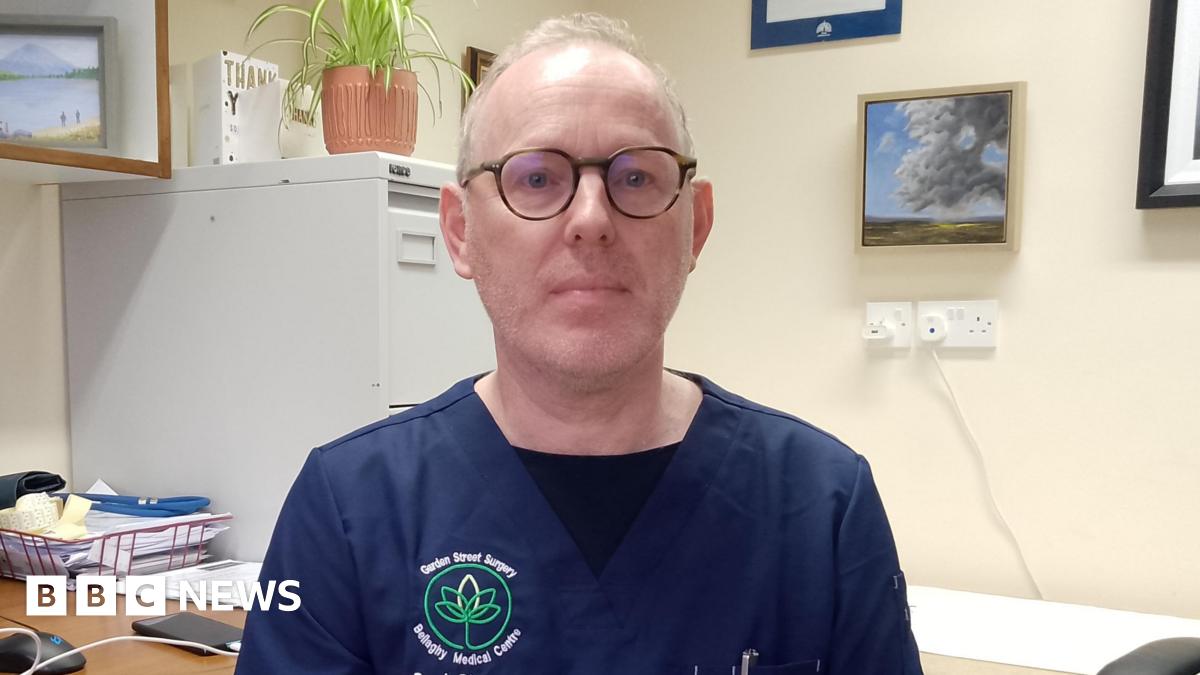The Primary Care Crisis: How Insurance Undervaluing Puts Community Health at Risk

As a family physician practicing in Illinois, I’ve witnessed a troubling trend: the steady devaluation of primary care by insurance companies. This isn't just an administrative issue; it's a direct threat to the health and well-being of our communities. Primary care is the bedrock of a strong healthcare system, yet it's consistently underfunded and undervalued, leading to serious consequences for both patients and providers.
The problem stems from how insurance companies reimburse primary care physicians. Reimbursement rates for primary care visits are often significantly lower than those for specialist visits or procedures. This disparity creates a perverse incentive – specialists and hospitals are financially rewarded, while primary care, which focuses on preventative care, chronic disease management, and overall wellness, is squeezed.
The Impact on Patients: This undervaluation has far-reaching effects on patients. Reduced reimbursement rates lead to several issues:
- Limited Access to Care: Practices may be forced to reduce the number of patients they can accept, leading to longer wait times and difficulty accessing care, especially in underserved areas.
- Shorter Appointments: Physicians are often pressured to see more patients in a limited timeframe, resulting in rushed appointments and less time for thorough evaluations and patient education.
- Decreased Preventative Care: With less time and resources, preventative services like screenings and vaccinations may be deprioritized, leading to delayed diagnoses and potentially worsening health outcomes.
- Increased Reliance on Emergency Rooms: When primary care is inaccessible or inadequate, individuals are more likely to turn to emergency rooms for non-emergency issues, further straining the healthcare system and driving up costs.
The Impact on Providers: The financial pressures on primary care practices are also taking a toll on physicians and their teams. Many are experiencing burnout, reduced job satisfaction, and even considering leaving the field altogether. This shortage of primary care providers will exacerbate the existing access issues and further compromise the health of our communities.
What Needs to Change: Addressing this crisis requires a multi-faceted approach:
- Insurance Reform: Insurance companies need to re-evaluate their reimbursement models and ensure that primary care is fairly compensated for the vital services it provides. Value-based care models, which reward quality and outcomes rather than volume, hold promise.
- Policy Advocacy: Patients and physicians need to advocate for policies that support primary care, such as increased funding for primary care training programs and incentives for practicing in underserved areas.
- Public Awareness: Raising awareness about the importance of primary care and the challenges facing primary care providers can help build support for reform.
- Investment in Technology: Utilizing telehealth and other technologies can improve access to care and streamline workflows for primary care practices.
The health of our communities depends on a strong and vibrant primary care system. It’s time for insurance companies, policymakers, and the public to recognize the critical role of primary care and invest in its future. Ignoring this crisis will have devastating consequences for the health and well-being of us all. Let's prioritize preventative care and ensure everyone has access to the primary care they need to thrive.





